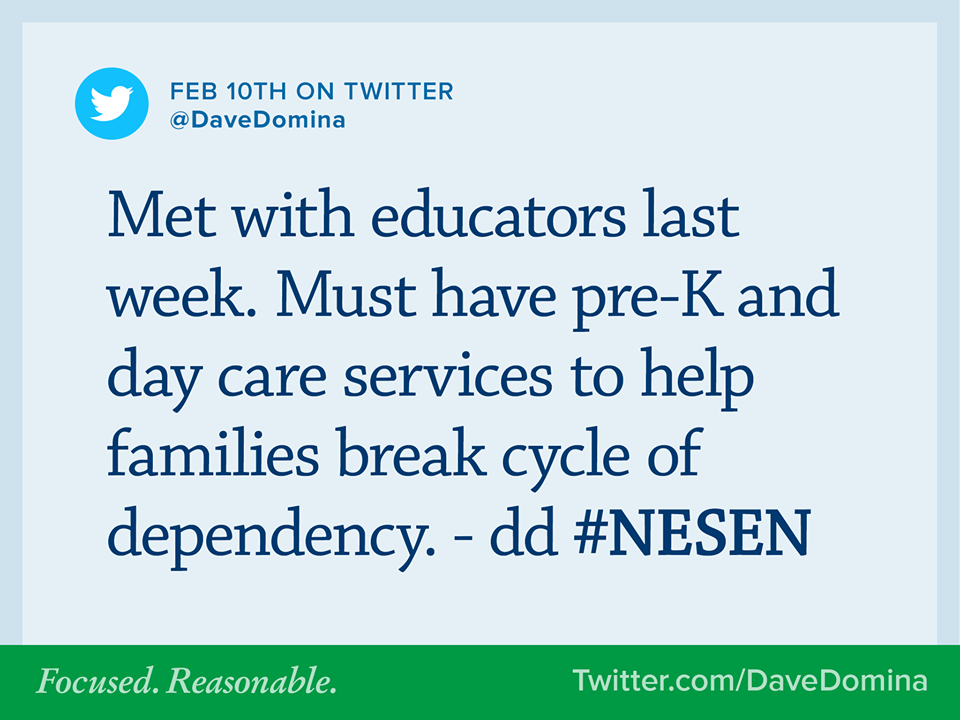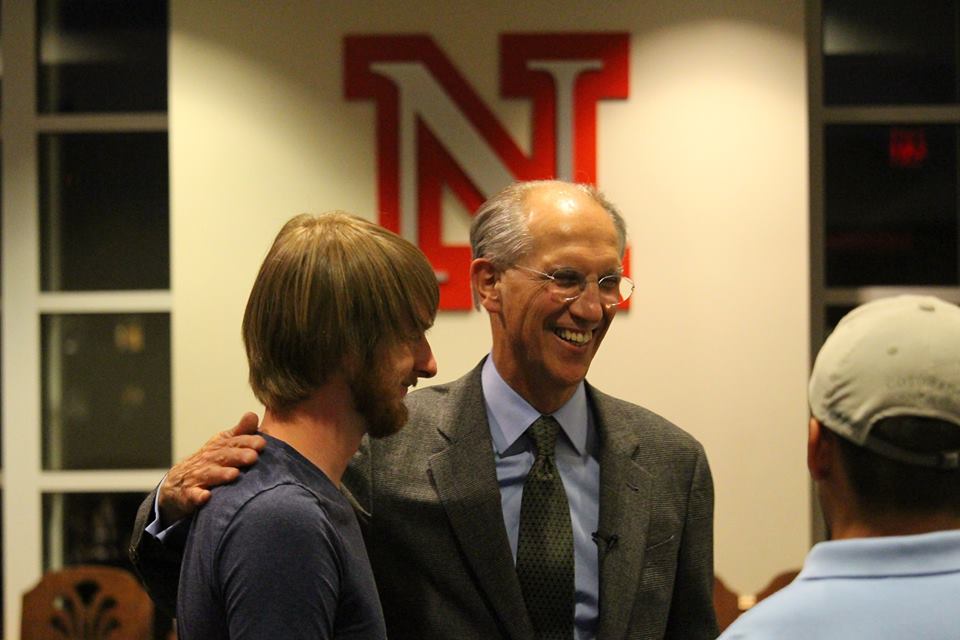 Education
Education
It is time for Americans to recognize the right to an education as a basic, civil right of citizenship. Without education for all Americans, stability, upward mobility, and progress are not attainable. Education is as basic to national sustainability as a strong military defense.
Education must be measured by, and rooted in, strong public schools. Care must be taken to permit alternatives to public education, but the public schools mandatory curriculum must be met or satisfied through proficiency testing. Testing, cannot be a substitute for teaching, and test results must not replace confidence and trust in teachers.
Current Problems; Absence of Clear Policy
The current federal education policy is the No Child Left Behind Act. But it is discredited by waivers and noncompliance. America’s history of local control over education served the nation well for 225 years. During the past two decades, No Child Left Behind disturbed this tradition, disrupted funding, distracted teacher efforts, and led to a policy quagmire. No Child Left Behind has failed to substantially reform America’s public schools.
In the wake of NCLB, the U.S. Department of Education has used competition for extra funds and NCLB waivers to govern the nation’s schools. This cobbled-together effort is no substitute for a comprehensive national educational policy. We must bring teachers, parents, and policy-makers together to chart a new course for educational reform.
The Common Core State Standards provide an important starting point for this national conversation but do not provide sufficient flexibility. The Common Core standards are under attack as a federal intrusion into local control. Common Core as proposed is too rigid. Parts of the concept must be retained, but modified. A better term to describe this need is “common base curricula”.
Common base curricula need to be implemented as a set of foundational principles and basic standards from which creative local educational methods can emanate. Common base standards and curricula make sense, and still leave much room for local control.
To facilitate school reform, the Department of Education must build a nimble apparatus to fund educational research, sharing data, and translating high-quality research into practice. DOE must lead the effort to reinvest trust and confidence in teachers, leaving to local districts and individual states the steps necessary to eliminate or reform poor teachers.
Dave’s Education Objectives
The United States needs a comprehensive educational policy for the 21st Century. This federal education policy should embrace:
1. Education as a basic civil right for all Americans.
2. More and better resources for classroom teachers, and policies to attract the most capable high school graduates to careers in teaching.
3. Rigorous evaluation of schools of education and alternative pathways to the teaching profession.
4. Improved and invigorated teacher education in enhanced schools of education.
5. Strengthened professional standards for teaching and incentives, and supports for teachers to continually improve the quality of their practice and a policy regime that respects those professional standards.
6. Pre-K educational investment through federal formula based funding to states and school districts with funds restricted to Pre-K program development around federal standards.
7. Vocational education at high school and post-high school levels focused on sustainable jobs for the long term, coupled with a firm commitment to keep those jobs in America. Business investment incentives to assist with resources are a key element of success. This program would model, nationally, the success of Nebraska programs in Lexington, Norfolk, North Platte and elsewhere in Nebraska.
8. Implementation guidelines for Common Base Curricula assuring preparation for citizenship and leaving much for local control over education and teaching methods.
9. A national infrastructure to translate high-quality educational research into effective educational practice
10. Reauthorizing the Elementary & Secondary Education Act (known as ESEA or NCLB) & adoption of modifications to implement points 1 – 9. This must include robust support for public school choice options for students within and across school districts.
Conclusion
It is time for the United States to stop political bickering over the education of America’s youth. The proposed model will enhance common base curricula objectives and assure that America’s school children are prepared for effective citizenship.
With this model, it is realistic to set our sights on restoration the U.S. position as the leader in the world in student performance. We will remain true to our highest ideas as we do better at educating each of our children and keep the American promise of equal opportunity for all with the best our schools can give them.
The proposed approach will reward success, close gaps and accelerate achievement, and turn the schools around to teaching, not testing, for success. Teachers must have time to collaborate, opportunities to lead, and enjoy the respect they deserve. We must trust teachers to decide who passes and de-emphasize testing.
Tests do not teach; teachers teach!
Reauthorization of the Elementary & Secondary Education Act, and adjustments to achieve these goals, are integral steps in this process.


